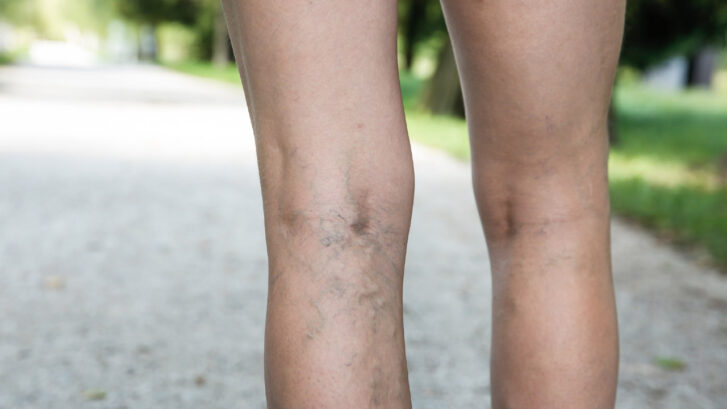Deep vein thrombosis (DVT) is a serious condition characterized by the formation of blood clots in the deep veins, usually in the legs. If left untreated, these clots can travel to the lungs and cause a life-threatening condition called pulmonary embolism. Fortunately, there are effective measures you can take to reduce the risk of DVT. In this blog, we will provide practical tips to help you prevent DVT and protect your venous health.
Stay Active: Keep Circulation Flowing
Sitting for extended periods can increase the risk of DVT. Engage in regular physical activity to promote blood circulation. Incorporate activities like walking, jogging, swimming, or cycling into your routine. If your job requires prolonged sitting, take frequent breaks to stretch your legs and move around.
Embrace Compression Stockings: Enhance Blood Flow
Compression stockings exert gentle pressure on your legs, helping to improve blood flow and prevent blood from pooling in the veins. Consult with a healthcare professional to determine the appropriate compression level and find stockings that suit your needs.
Hydrate for Healthy Blood Flow
Adequate hydration is vital for maintaining optimal blood viscosity. Drink plenty of water throughout the day to prevent clotting. Limit alcohol and caffeine intake, as they can contribute to dehydration. Staying well-hydrated supports healthy blood circulation and reduces the risk of DVT.
Keep Moving During Travel
Long periods of immobility during travel increase the risk of DVT. Take proactive steps to keep your blood flowing. If traveling by plane, walk around the cabin and perform leg exercises. If driving, make regular stops to stretch your legs and get some exercise.
Medications and Health Conditions Awareness
Be mindful of medications and existing health conditions that may elevate your risk of DVT. Some medications, such as hormonal contraceptives or hormone replacement therapy, can increase clotting potential. Consult with your healthcare provider to understand the risks associated with your specific situation.
Maintain a Healthy Diet: Nourish Your Venous Health
A balanced diet is crucial for reducing the risk of DVT. Incorporate fruits, vegetables, whole grains, and lean proteins into your meals. Foods rich in omega-3 fatty acids, like fatty fish, flaxseeds, and walnuts, have natural anticoagulant properties. Minimize saturated and trans fats as they contribute to arterial plaque build-up.
Protect Your Venous Health, do not hesitate to schedule an appointment with Dr. Ravul Jindal, an experienced vascular surgeon, to receive the proper diagnosis and treatment for DVT.
Learn effective tips for preventing DVT and reducing the risk of blood clots. Contact us today.


